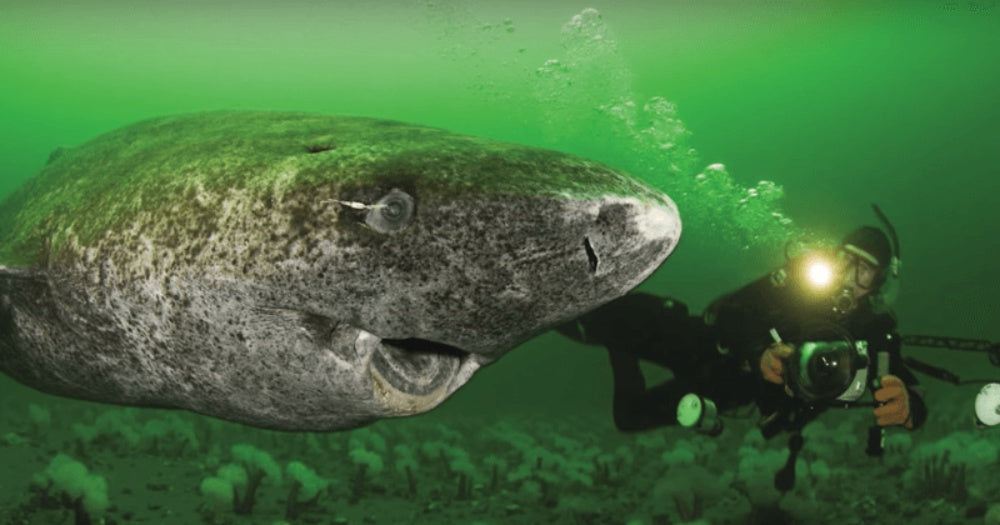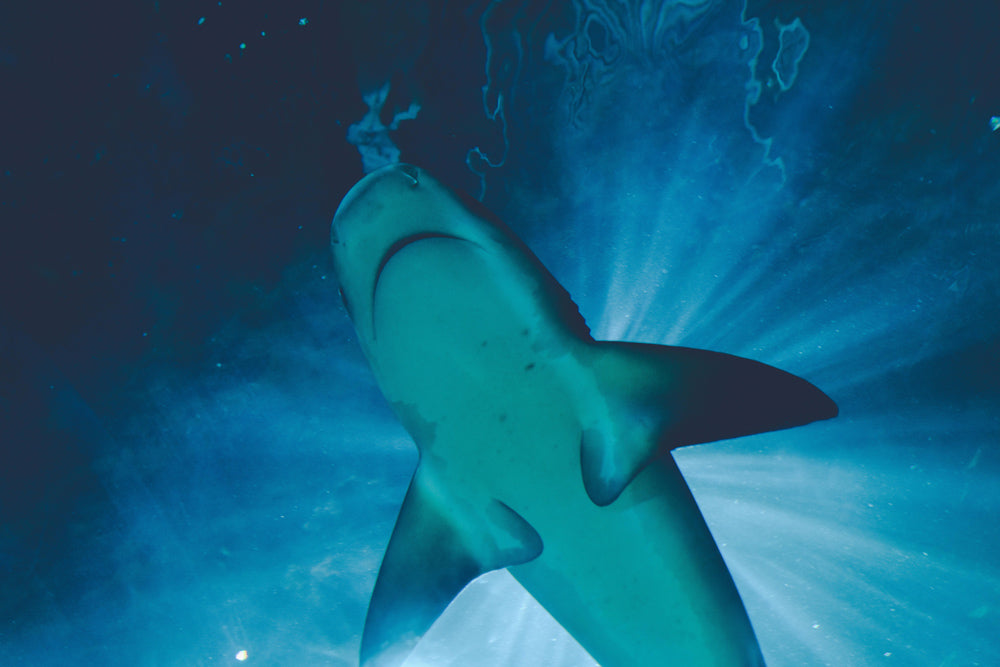Redeem Your $5.72 Credit! Hurry, Expires at Midnight! Use code 4HTM8
Scientists Discover 512 Y.O. Shark, Which Makes It The Oldest Living Vertebrate On The Planet
Goodfullness
Can there really be a living creature that's over five centuries old? It may seem impossible, but scientists have discovered one such beast living in the Northern Atlantic Ocean: a Greenland Shark.
It's long been known that this particular shark is older than most, but scientists had no idea just how old he was until recently. Now that they've pinpointed his age to be 512 years old, he's claimed the title of world's oldest living vertebrate.
 Photo: Pexels
Photo: PexelsGreenland sharks are one of the slowest growing species in the world, and don't actually reach full maturity until they're over 150 years old. Because of this, they typically live for crazy long amounts of time. In fact, previous reports have posited that Greenland sharks can easily live past the age of 400 years.
This 512-year-old shark definitely takes the cake, though. His estimated age means he was born way back in the 1500s!
 Photo: Pexels
Photo: PexelsBut how do scientists know how old he is? Especially since he's still alive.
It's actually fairly simple.
Marine biologists measured the amounts of radiocarbon in the eye lenses of the Greenland shark to find his age.
 Photo: Pexels
Photo: PexelsThey didn't just measure his, though. They studied a huge swath of Greenland sharks for their research. And because of their hard work, the field is getting much more accurate information, which it has lacked in the past.
 Photo: Pexels
Photo: PexelsMeasuring any animal's age used to take more guesswork than science, but times are changing. While the animals' size used to be a determining factor for age, it's been shown to be a poor gauge.
In addition, the Greenland shark doesn't stay in the same area for its whole life. It's in their nature to roam around, and so they're not restricted to just the North Atlantic.
 Photo: Pexels
Photo: PexelsGenetic analysis of the Greenland shark makes scientists think that they may have started off at the same spot but then decided to migrate. Scientists are still determining additional reasons why the Greenland shark lives so much longer than other animals they've studied, besides their slow-growing nature.
We look forward to hearing more about what they discover!
This story originally appeared at Goodfullness.


